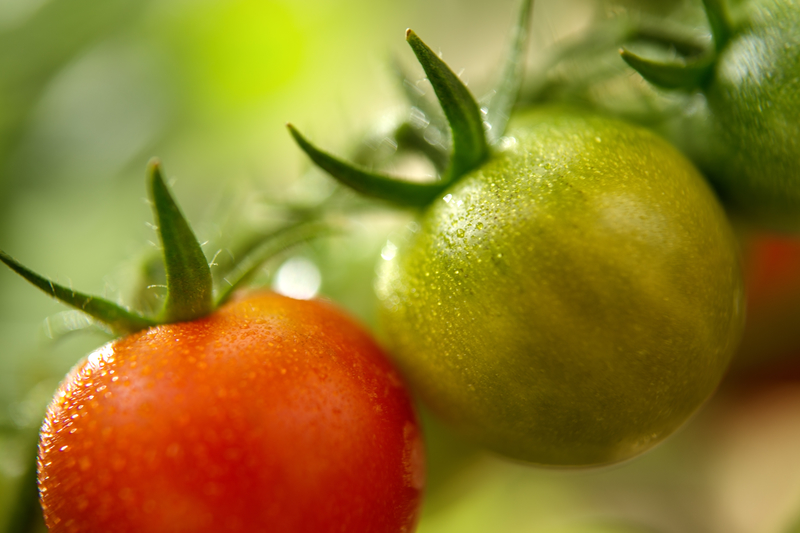There are many rewards to homesteading such as building the house you want and living your life with as much freedom as possible. It also helps you to be prepared for any emergency. However, it can also be time-consuming, require hard work and be overwhelming at times. These rewards and costs to raising your own food will help you know what to expect. You may be surprised by what you found out!
Some Rewards And Costs To Raising Your Own Food Include:
The Rewards
1. The idea of being self-sufficient. Few things are more satisfying than knowing you are able to feed yourself and your loved ones without relying on—or having only minimal reliance on—commercial food producers.
2. You control the chemicals. If omitting genetically modified organisms, pesticides and herbicides from your diet is a big deal to you, then raising your own food is one of the best ways to make sure you are in charge of what you consume.
3. You are able to do it humanely. If you have seen the videos depicting deplorable conditions on huge factory farms and do not want to support that industry, or if it is important to you that farm animals live as rich as possible, then raising our own animals can provide the peace of mind you need.
4. You can choose the varieties and breeds. If heirloom vegetables and heritage breeds are your passion, you are not likely to find those choices at the supermarket. If you are compelled to eat only the best, then you will want to produce it yourself.5. Environmental concerns. Raising your own food allows you to avoid excess food packaging.
The Costs
1. It can be expensive. If you choose basic plant cultivars and apply pesticides, your vegetables might cost less than the organic heirloom varieties at the farmers’ market. But otherwise, it might cost as much or more.
2. It is a LOT OF WORK. It is more than just planting and weeding and harvesting and preserving. It is spending an hour every day for two months straight hand-picking Japanese beetles off the berries and the squash bugs out of the cucumbers. It is watering.
3. The lifestyle is restricting. Livestock cannot be left untended. They must be fed, watered and mucked out every day. Dairy animals must be milked. They must be protected from predation and inclement weather, and need extra attention when sick or injured. Vegetables, too, can be demanding—they need watering, weeding and harvesting on their schedule, not yours.
4. It can be emotionally challenging. Raising animals for meat is tough, and balancing between the needs of animals and humans can sometimes leave you feeling as if you are walking a tightrope.
5. Flexible eating habits are required. Instead of deciding what you want to eat and then going out to buy the ingredients, you need to turn that process around: see what you have in the garden and build your menu around those ingredients.
If you want to raise or grow your own food on your homestead it is important to take these rewards and costs into consideration. For example, raising your own food allows you more control over what you eat and what chemicals go into your food. You can also cut down on some food packaging which might be a concern. However, it can be more expensive than just buying something at the store and it requires a large amount of your time and patience. You also might have to change what you eat depending on what is available to you at the time. Now that you know about these issues with raising your own food, you can be better prepared for having your own homestead.
To learn more about the rewards and costs to raising your own food, you can visit:
